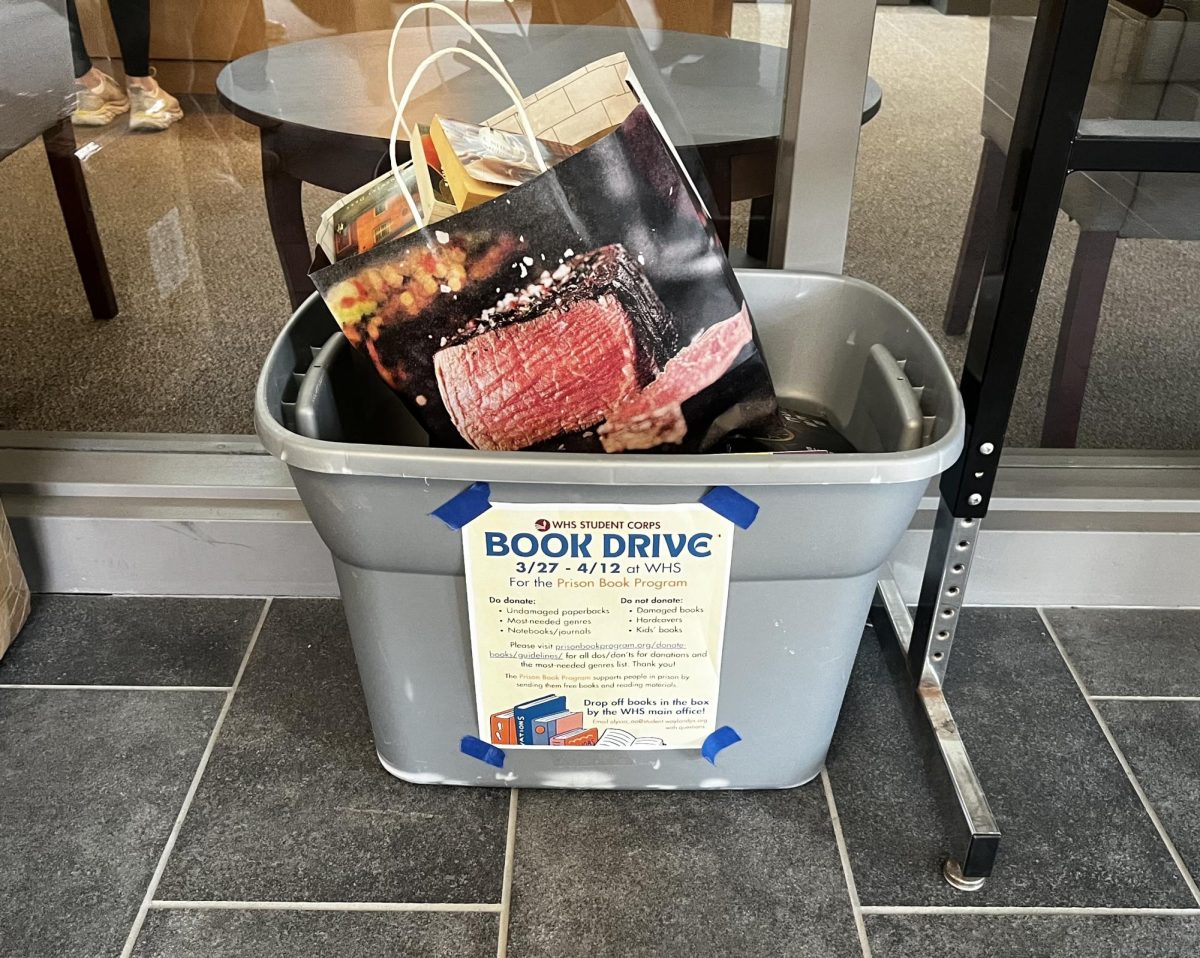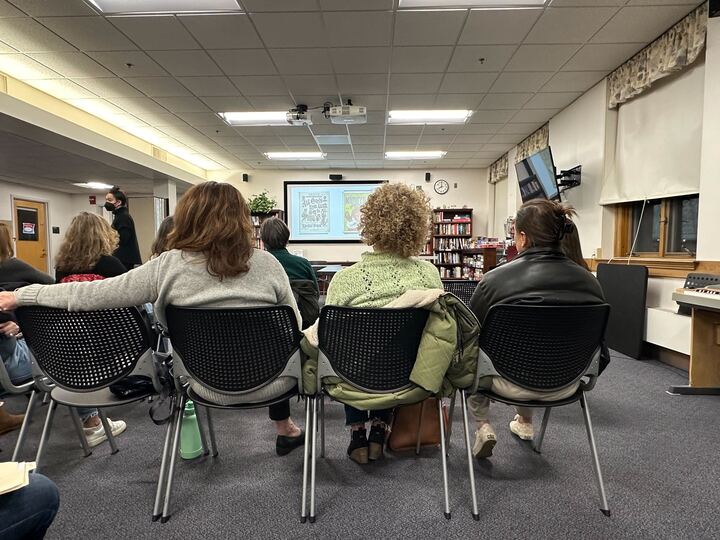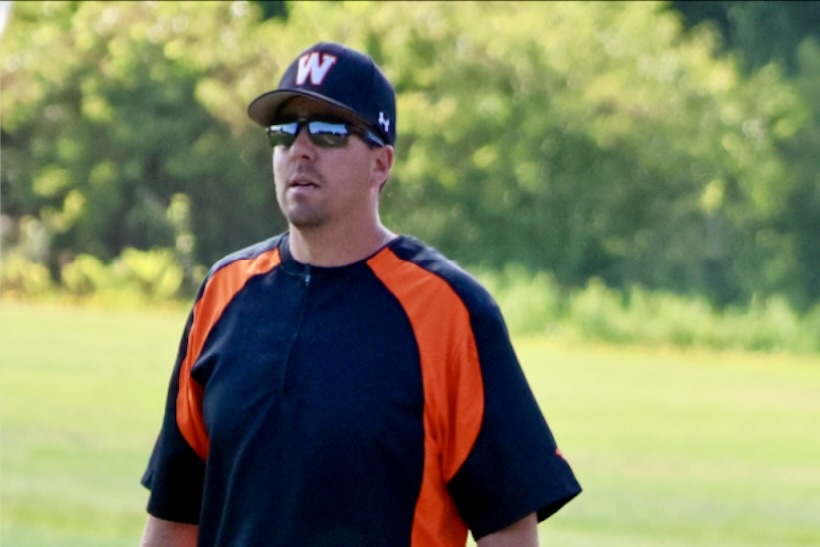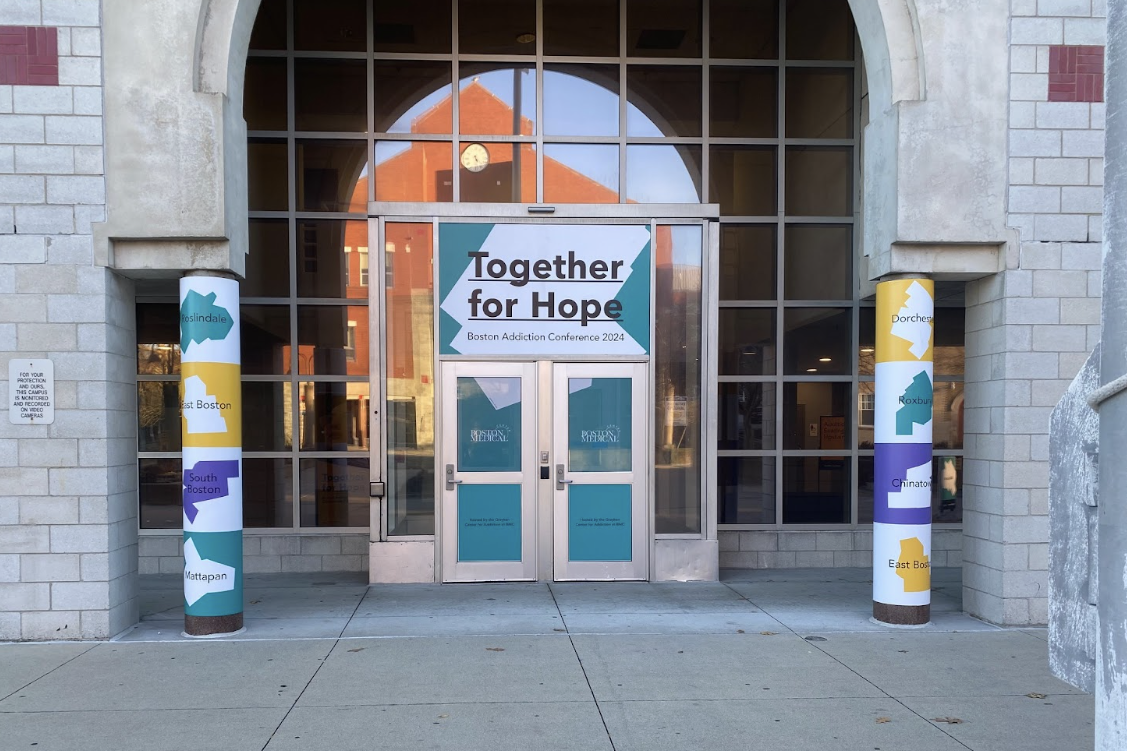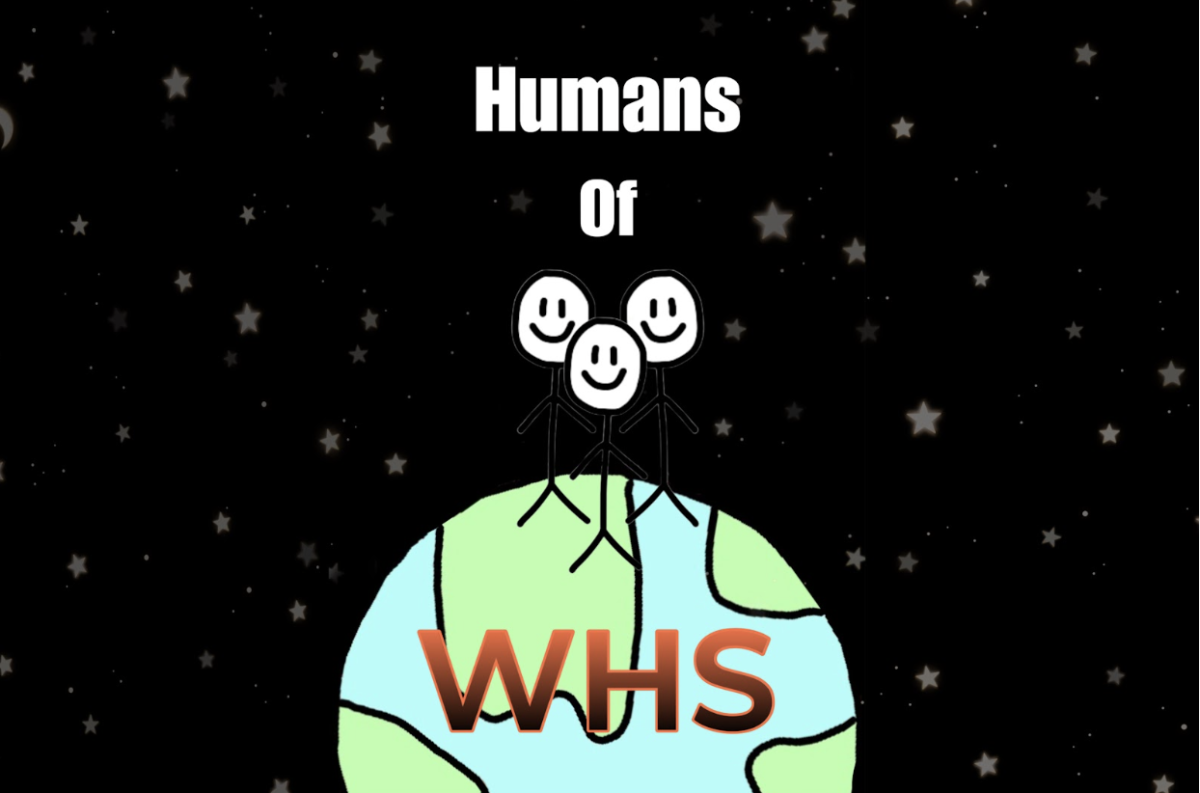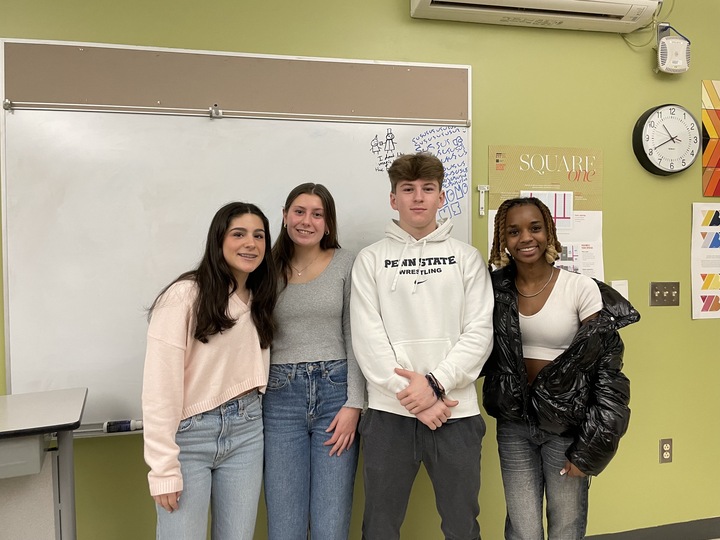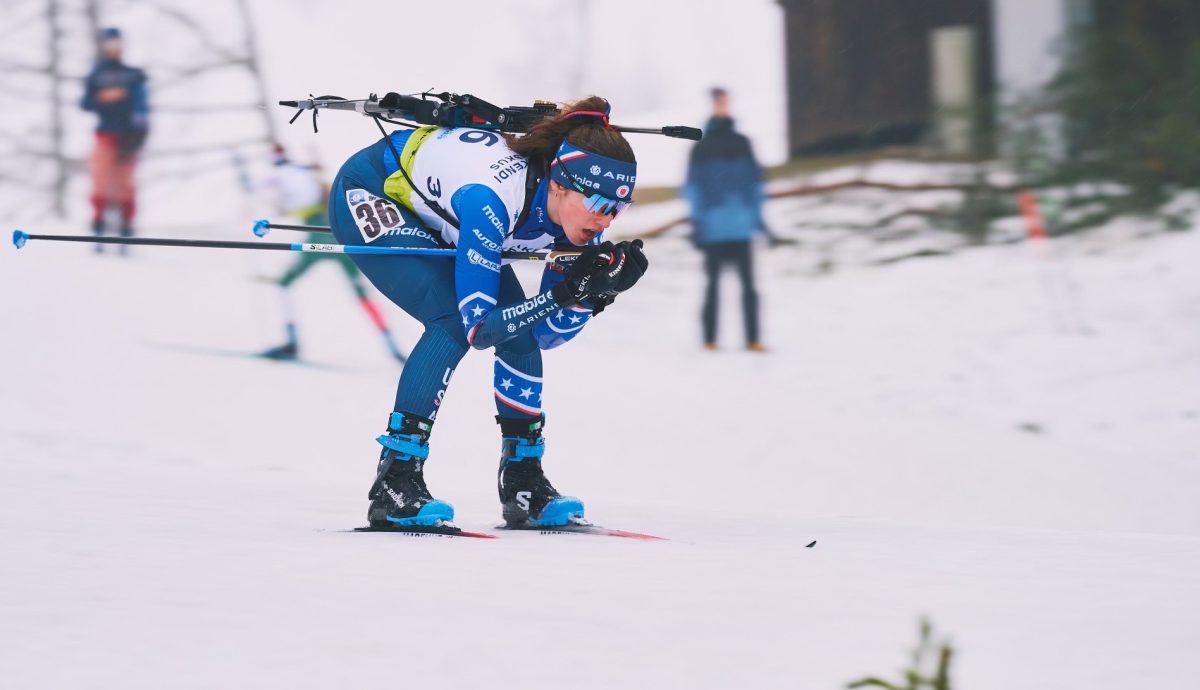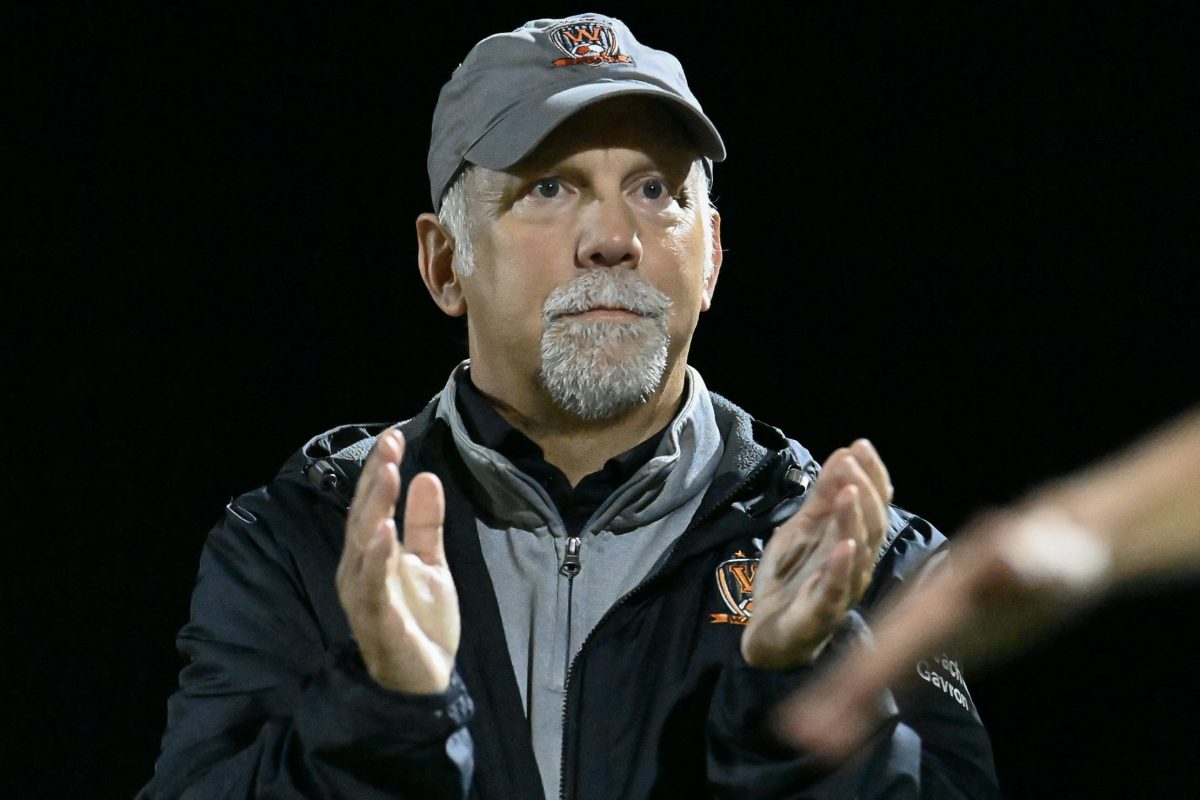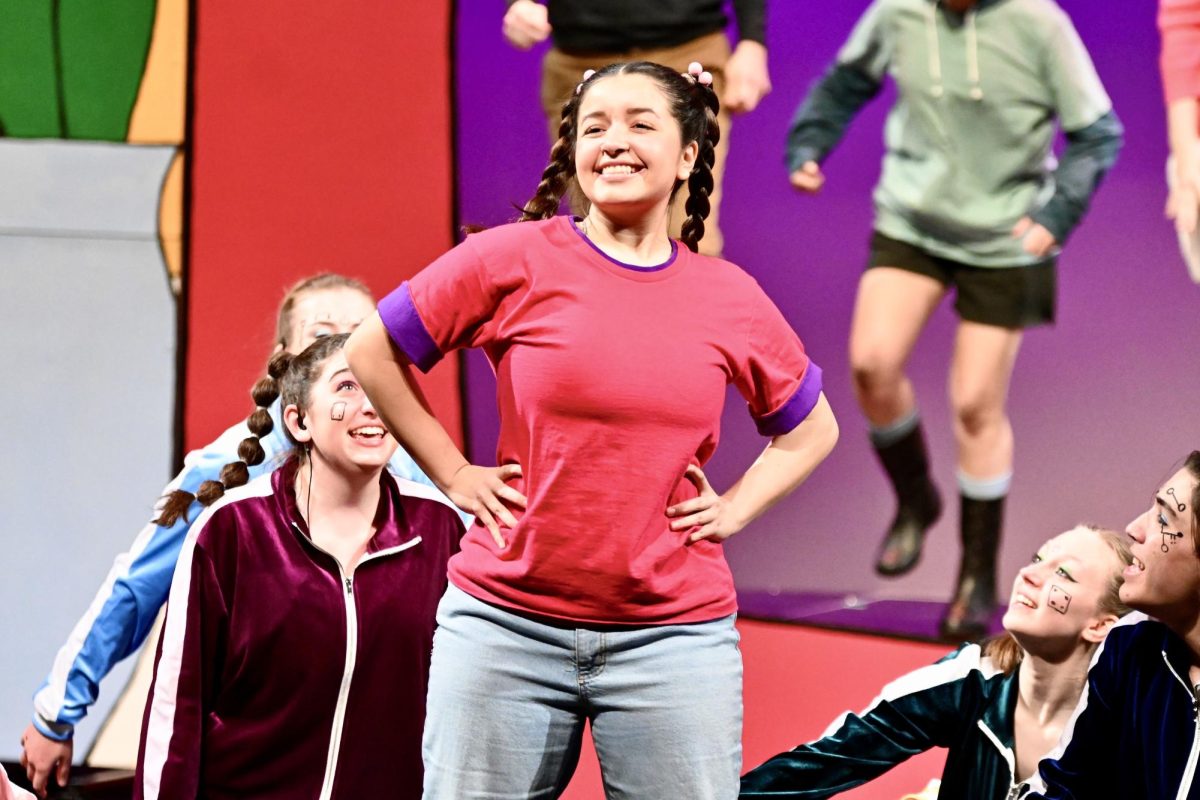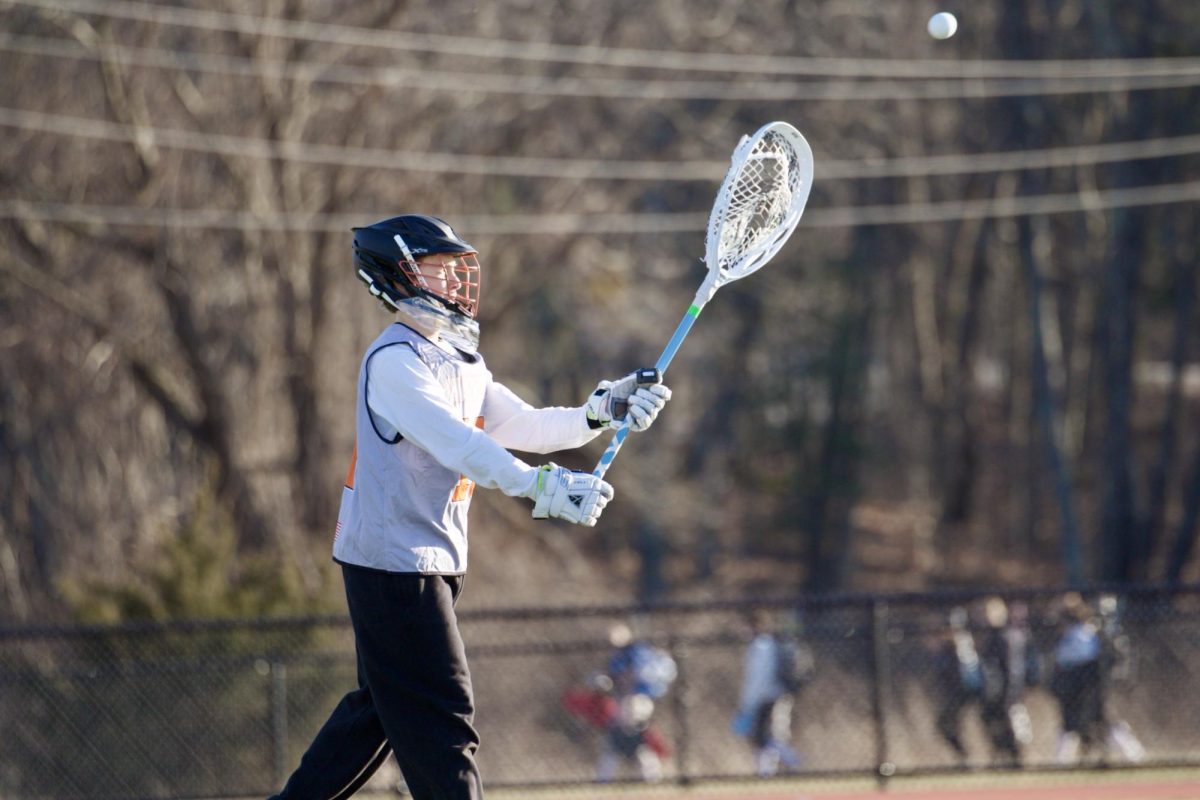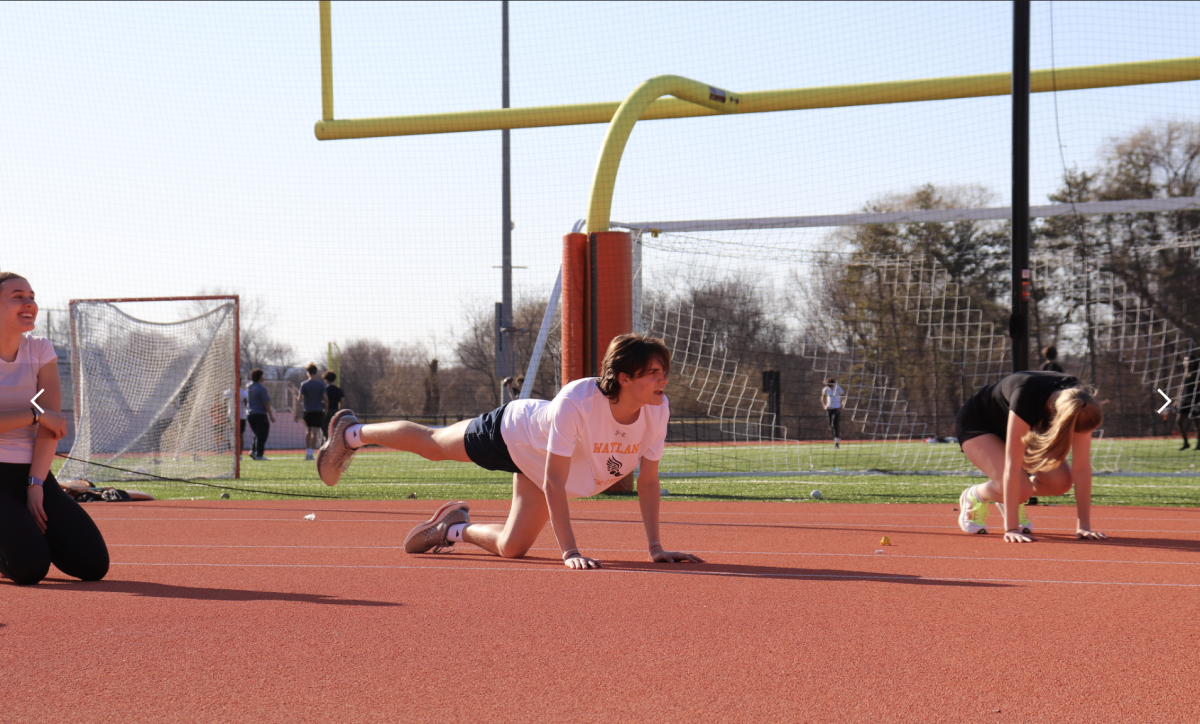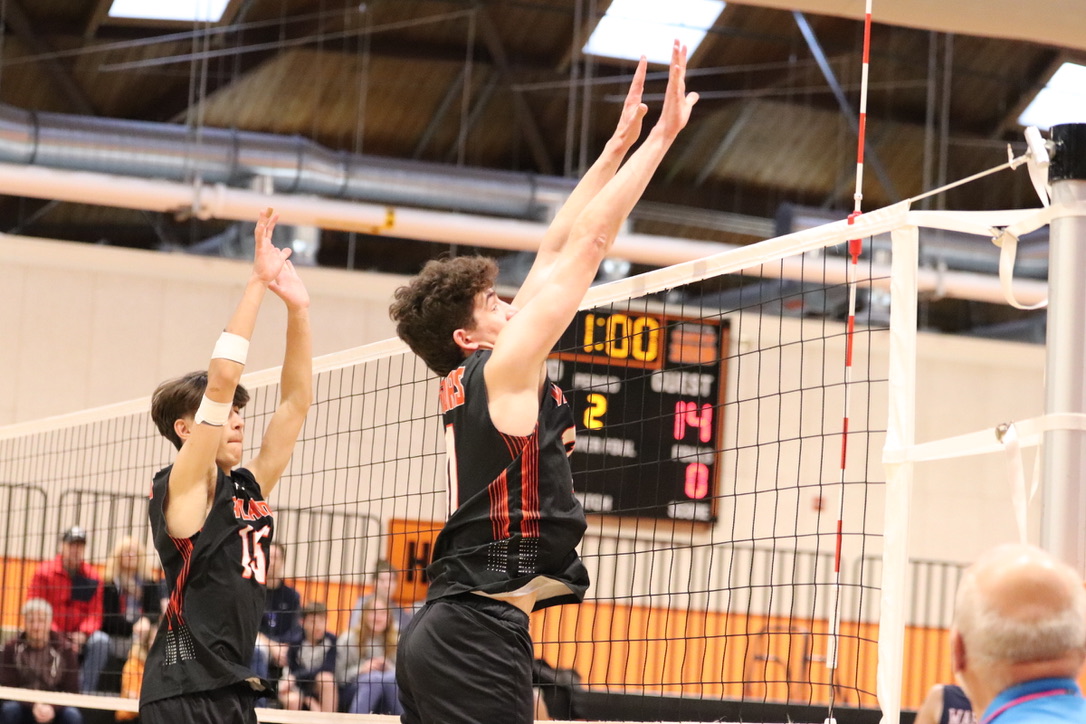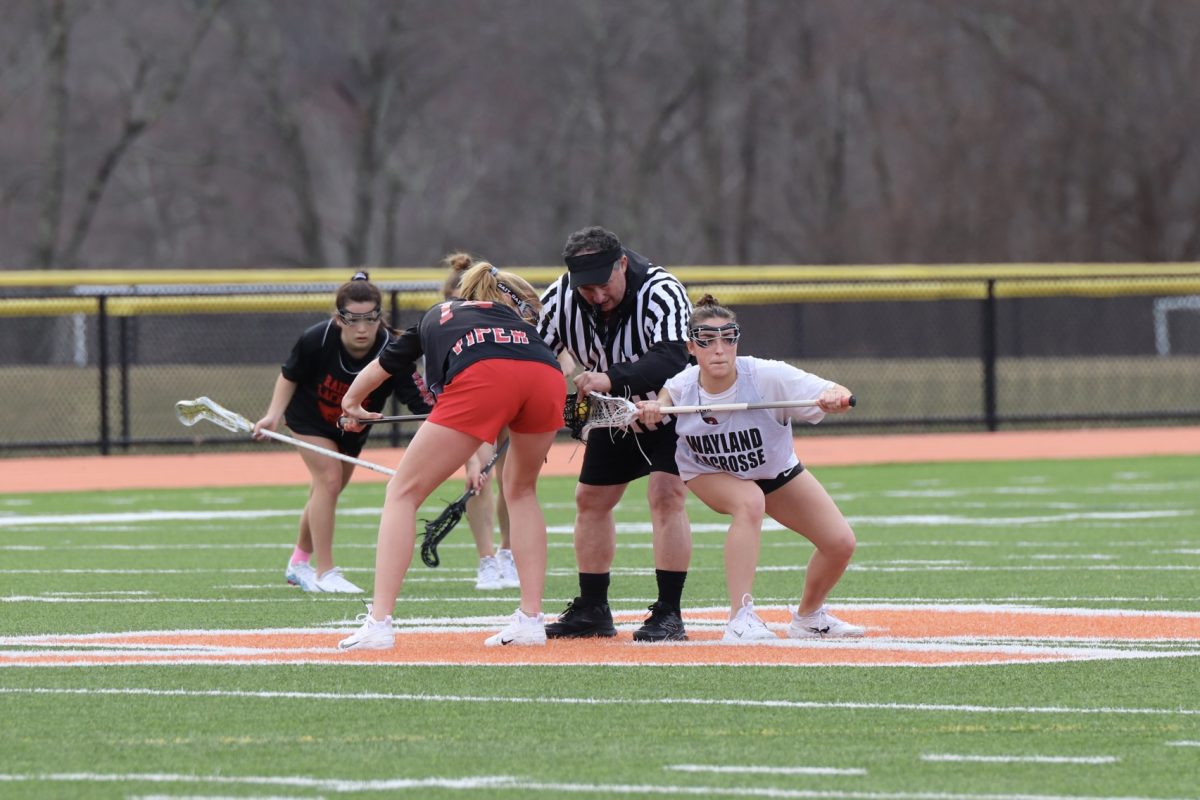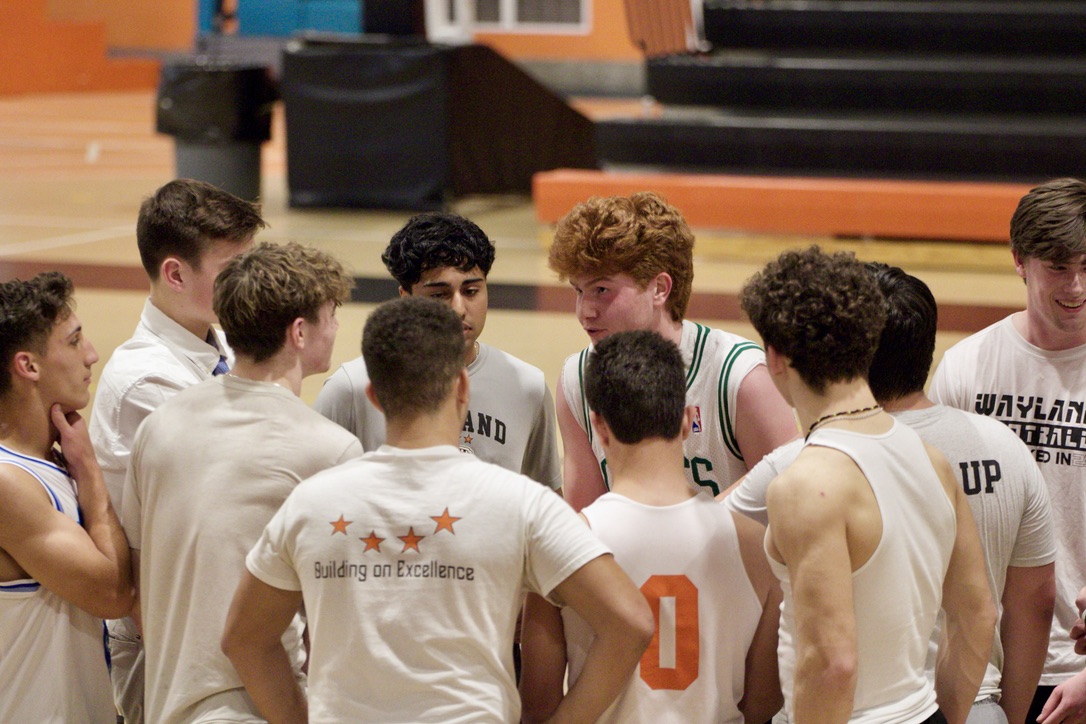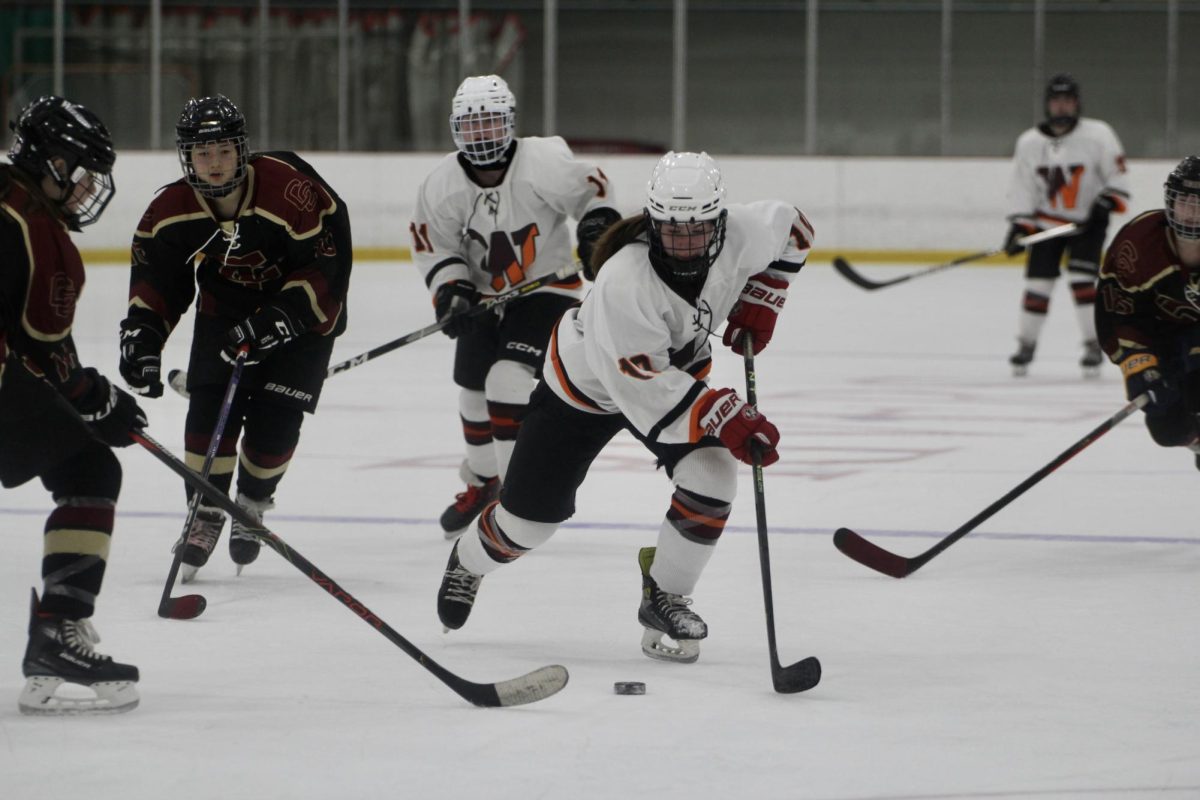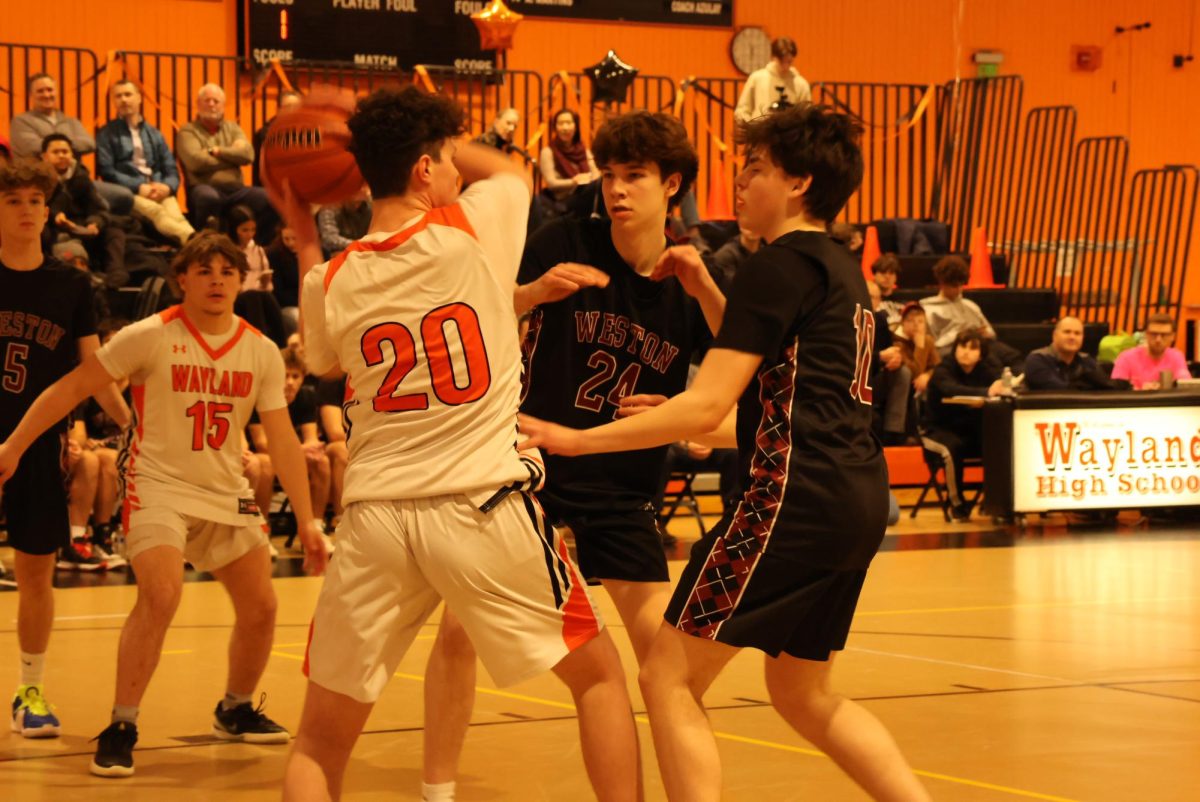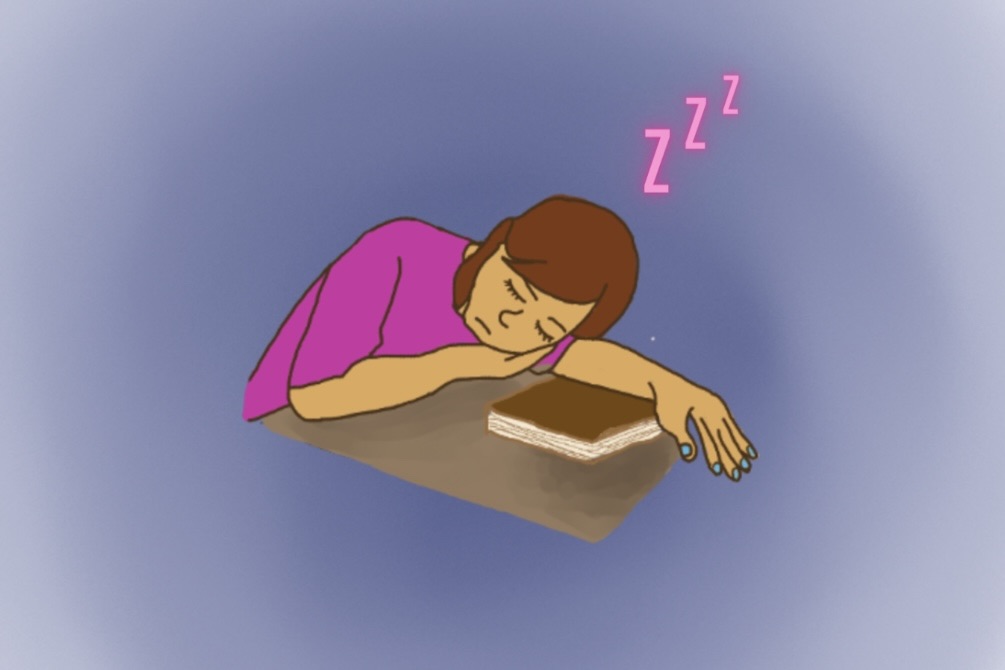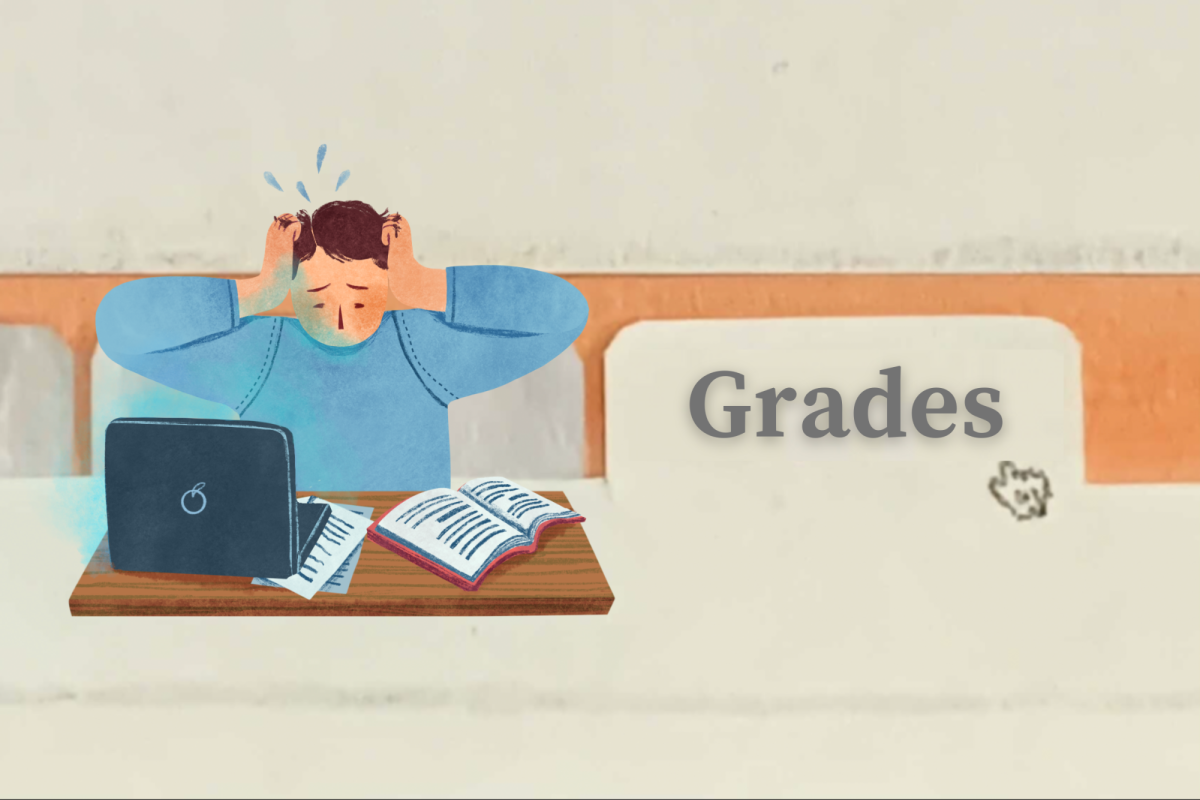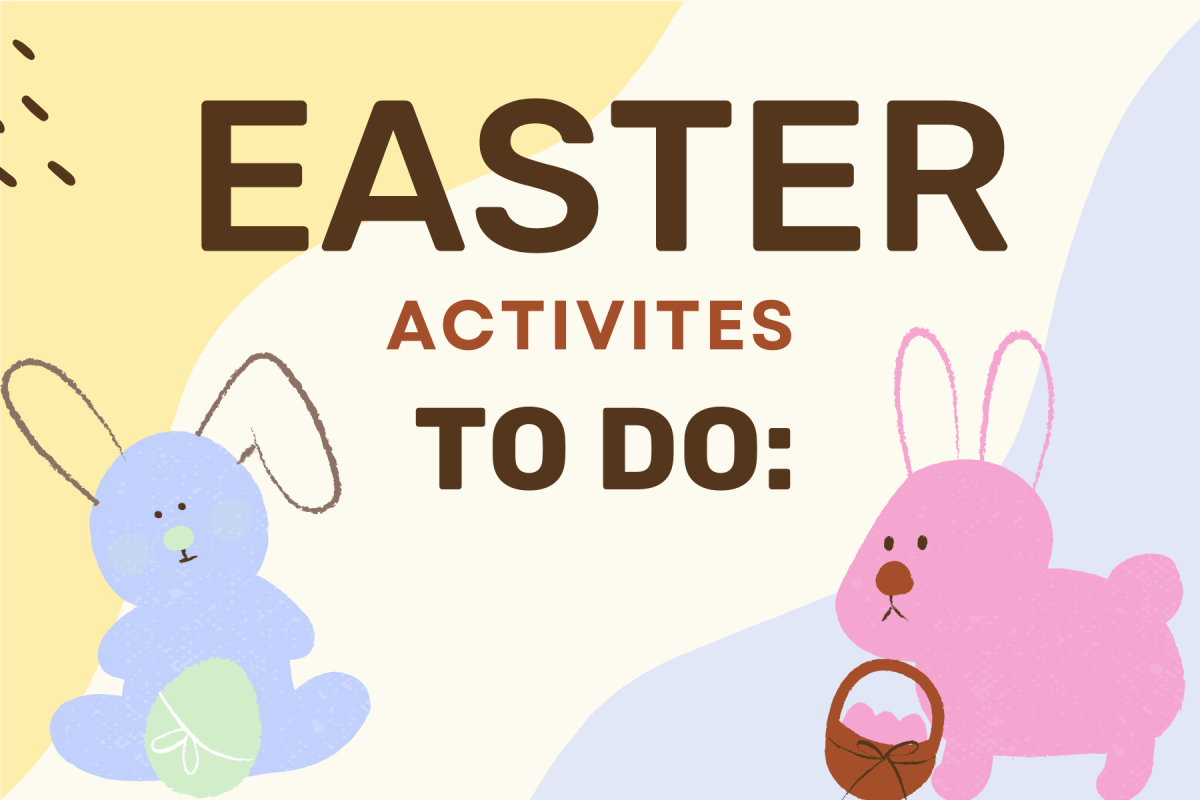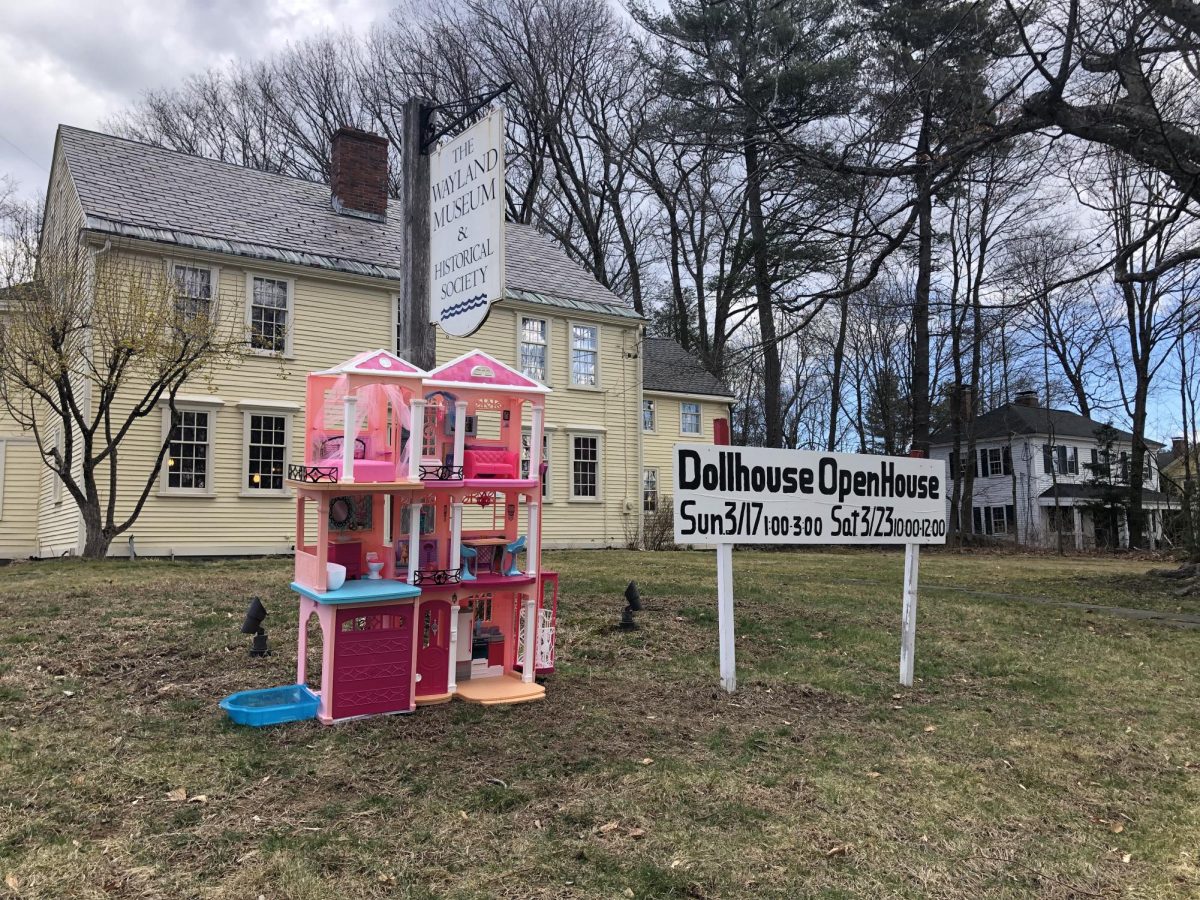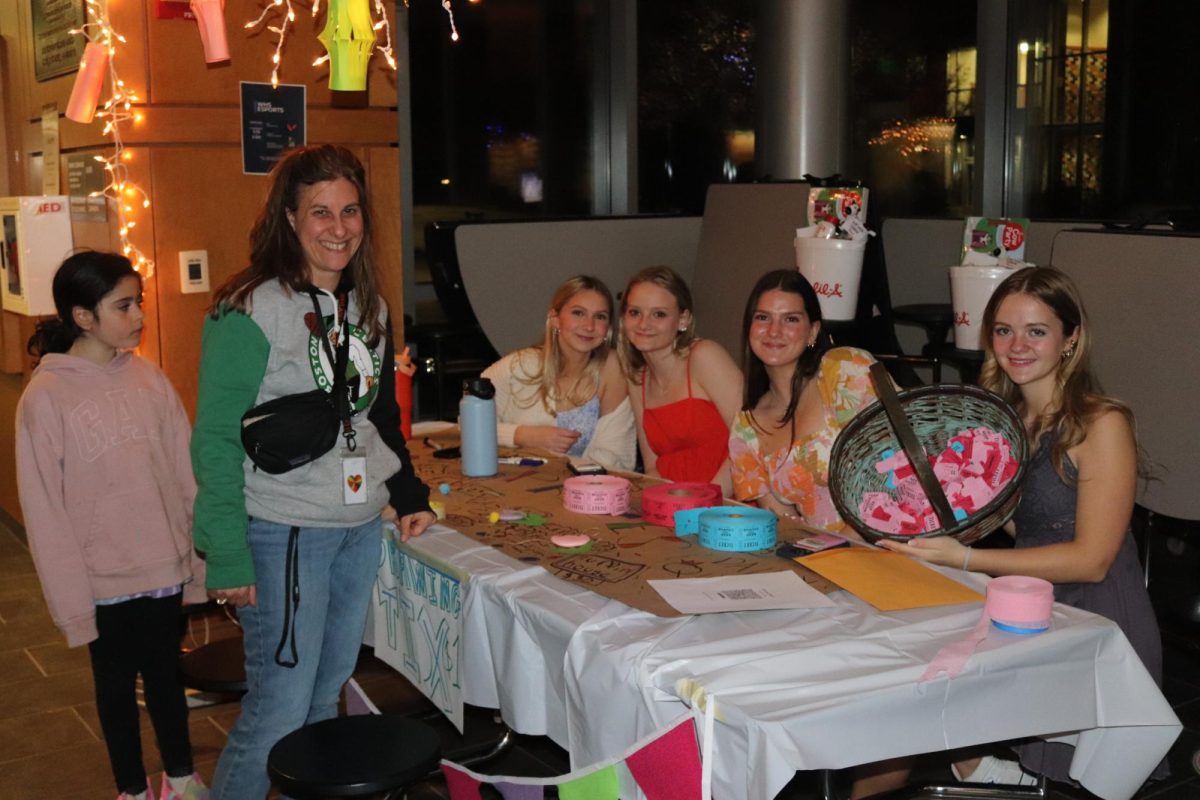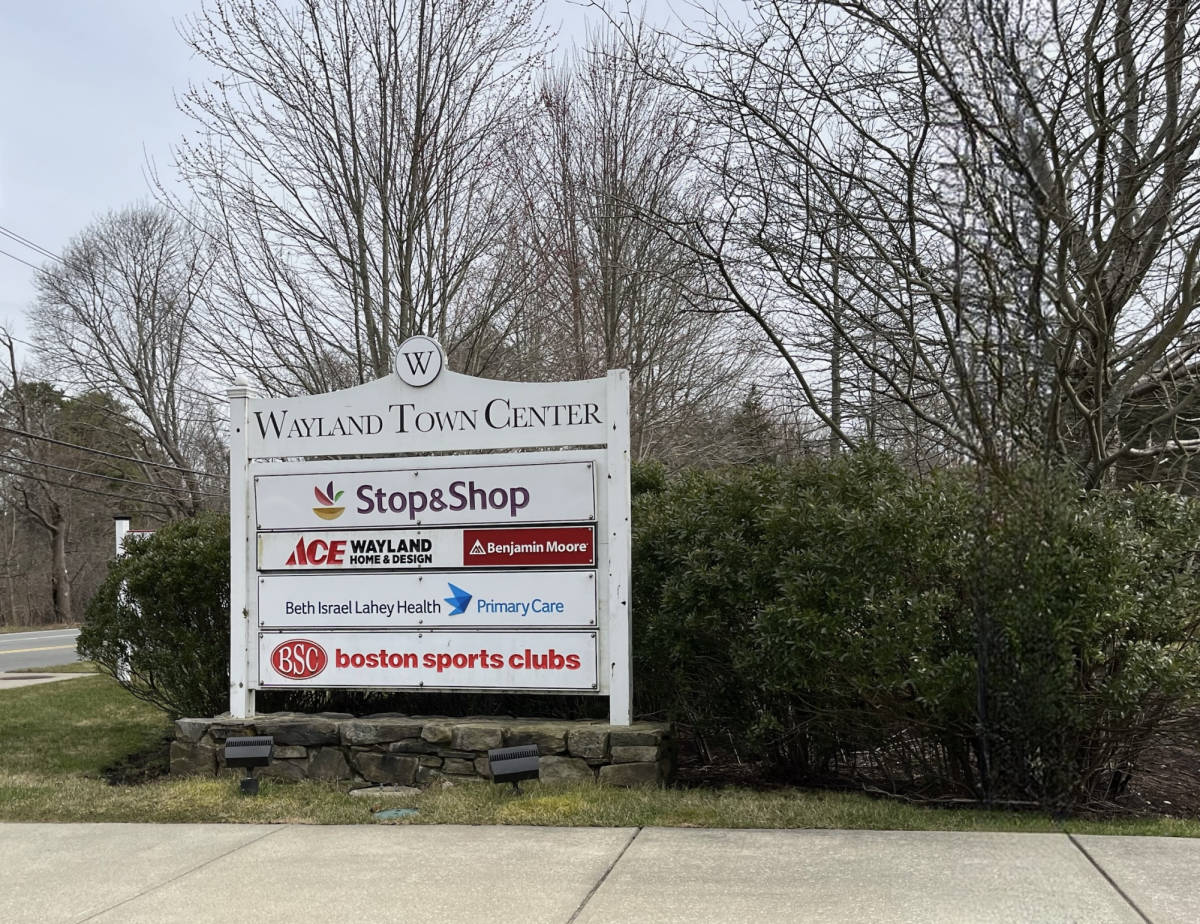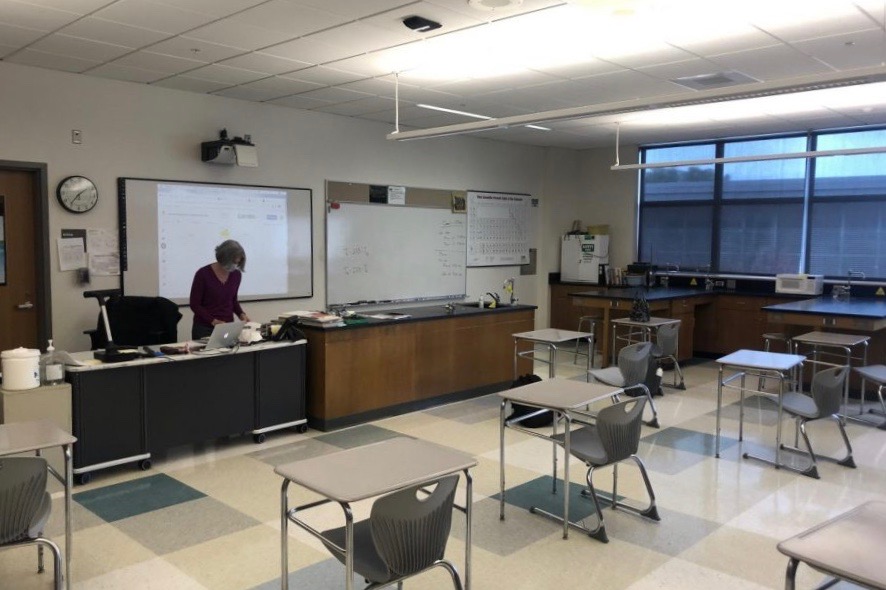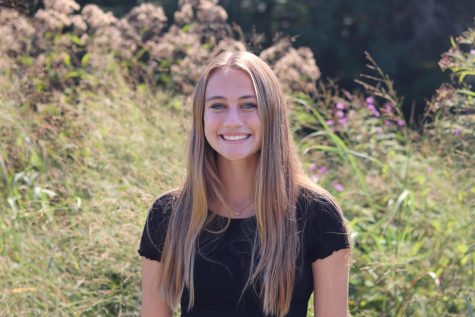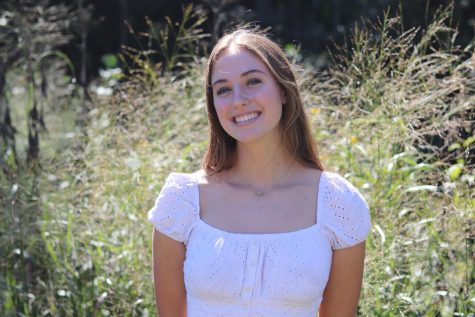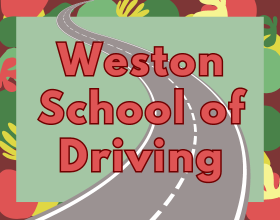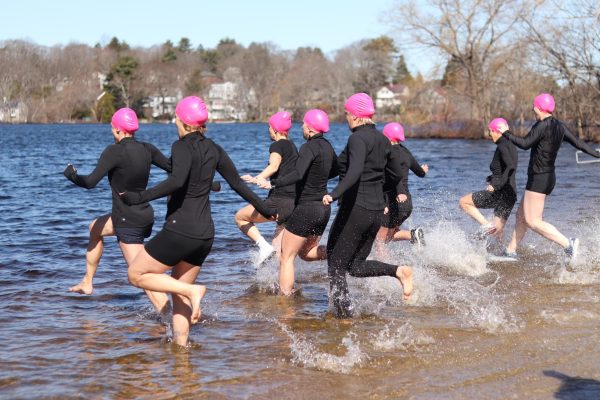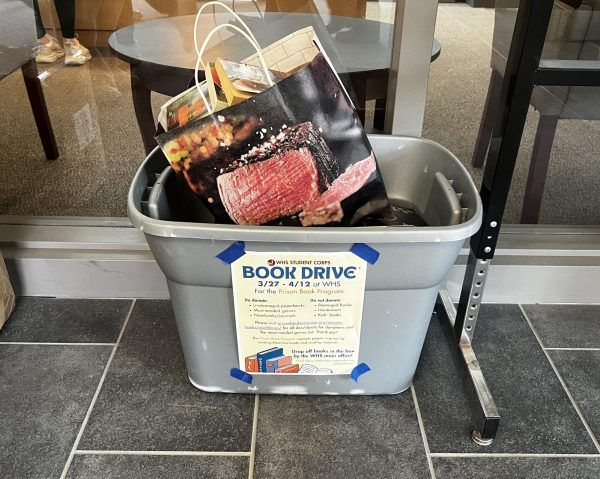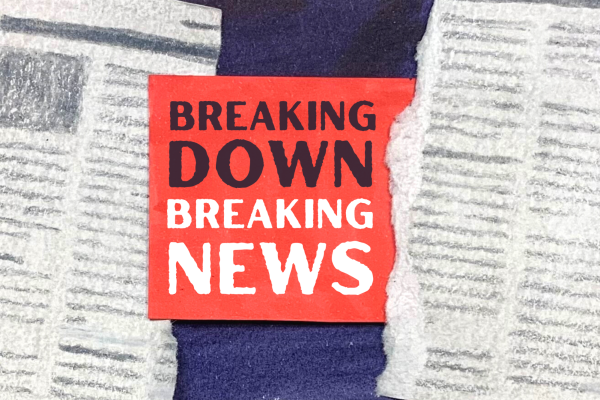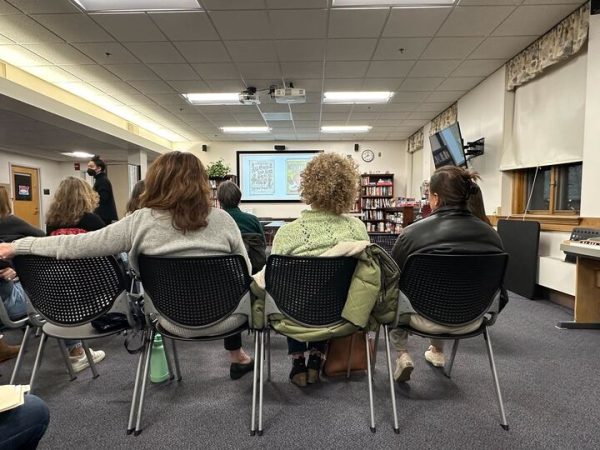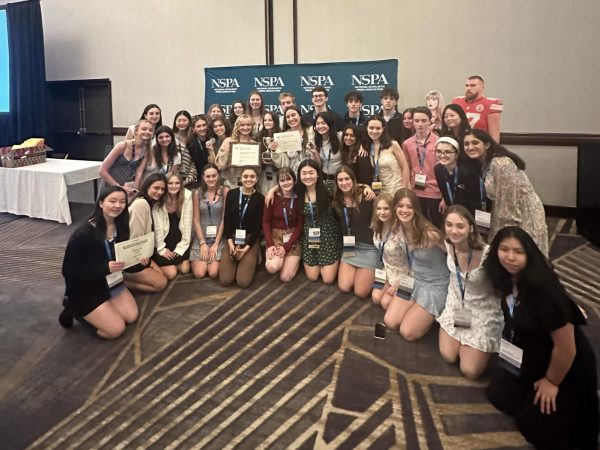Outcome of lab blocks vanishing from 2020-2021 class schedules
Credit: Genevieve Morrison
Because of COVID-19 restrictions, many aspects of science classes are different this year. One major change in the curriculum is the lack of interactive labs. The decision to restrict these hands-on activities stemmed from the goal of keeping students safe while they attended school in-person.“It was just too complicated figuring out how to have students share chemicals, share balances, and there’s a lot of different glassware and collaboration that goes on, so people would be really close and there’d be a lot of contact,” chemistry teacher Jennifer McGuinn said.
April 27, 2021
A wide variety of subjects at WHS have faced massive changes in curriculum due to the pandemic; however, the science department is one of the subjects that was hit the hardest with a whirlwind of change.
Because of the strict COVID-19 regulations, interactive class activities such as labs are deemed unsafe for students to partake in. In typical years, labs allow hands-on activities that entail close contact with others. This regulation is strictly enforced by schools, therefore contributing to the decision to not hold typical lab blocks. In a normal year, most science classes have two blocks in a row per rotation for an extended “lab” time.
“It was just too complicated figuring out how to have students share chemicals and balances, and there’s a lot of different glassware and collaboration that goes on, so people would be really close, and there’d be a lot of contact,” chemistry teacher Jennifer McGuinn said.
With the absence of labs, many students agree that their perceived curriculum turned out to be different from what they expected. Junior forensics student, Jenna Garber, recognizes these changes, as the absence of labs has restricted her from participating in highly anticipated activities.
“For me, any science class is better with hands-on learning,” Garber said. “[When] signing up for [forenscis] last year, I was very excited to learn more about forensic technology and the process behind solving murders. My excitement has died down because I feel as if I am not learning.”
In addition to not being able to run traditional labs, teachers are forced to adapt to the new school conditions. Although the curriculum is the same, teachers are following new teaching methods that sometimes contradict those from years past.
“Forensics hasn’t changed a lot in terms of content,” forensics and chemistry teacher Kristin Cowell said. “I’ve been filming or photographing labs for them so that they get the same experience of seeing the evidence that we’re looking at, but it’s not as hands-on.”
Teachers are finding many ways to adjust to the regulations, however, many recognize that an online class will never fully replace an interactive and in-person learning environment. Many aspects of science classes revolve around interactive lessons which is disappointing for many.
“I think the labs really help to further peoples’ understanding and to work with chemicals and get that hands-on kind of more fun interactive side to the class, so it’s been a little bit drier year of entertainment,” Cowell said. “It’s just not as much fun I would say in chemistry without those.”
In addition to the teacher’s disappointment, many students are discouraged by the lack of social interaction in classes this year. This is a direct result of COVID-19 regulations, limiting the collaborative aspects of the class.
“I usually hang out with one of my friends in class,” Garber said. “We do the labs together, and it does make the process a little bit easier and more bearable. Doing all the labs alone is always a drag, and it’s fun to discuss possible scenarios with friends. Most people in the class agree that doing the work alone is a thousand times more boring. I think that everyone is sad that we were unable to do real labs this year.”
Students aren’t the only ones who have been disheartened by a social divide. In fact, teachers are well aware of this division and recognize the disconnect.
“I find students to be so much quieter,” McGuinn said. “They’re not asking questions as much, and they’re not interacting when they have time to work together. They’re not interacting as much maybe because of the distance.”
Usually when kids come into class, I see them four days a week, and I can kind of review material over and over, but because we only see each other twice a week, we’re doing a new topic pretty much every time we get together, and you just don’t get that time to connect to the material as closely
— Jennifer McGuinn
On April 27, students returned to school full-time for the first time in over a year. Now all-in, there is a question as to the fate of the science curriculum and how it will be impacted as a result of this massive change.
“It’s [going to] be busier,” Cowell said. “I’m sort of excited to have more people and more conversation and more life in the room, but I’m planning to keep the format the same just because we’re so far into the year that it doesn’t make sense to change it now. I look forward to having more people and more voices to talk to, as long as we’re doing it safely.”
Although the curriculum itself hasn’t significantly changed, the schedule changes have highly impacted teaching methods. Because of the hybrid schedule, teachers only met with their classes twice a week, limiting the amount of in-class instruction.
“Usually when kids come into class I see them four days a week, and I can kind of review material over and over, but because we only see each other twice a week, we’re doing a new topic pretty much every time we get together, and you just don’t get that time to connect to the material as closely,” McGuinn said.
Despite the difficult situations at hand, many teachers feel gratitude towards their student’s cooperation through all of the hardship, and they recognize their accomplishments during the unusual circumstances
“I think [the students have] been amazing,” McGuinn said. “I think they’ve really had a positive attitude, and they’re adapting to the new environment so well and seem even grateful to be in-class or getting some stuff to do.”



